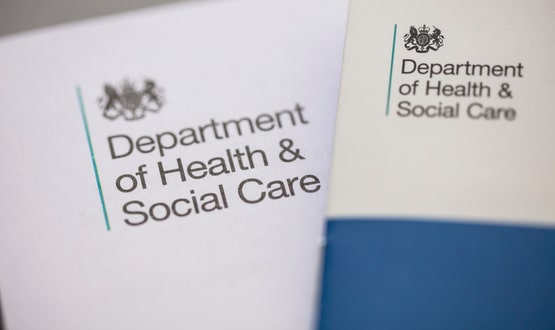Wider roll-out of eRedbook to form part of neonatal redesign plans

Digitising the paper red book is part of a number of measures announced by the government as part of a redesign of neonatal services.
The Department of Health and Social Care said the measures aim to improve safety, quality and continuity of care.
It ultimately hopes to halve stillbirths, maternal and infant deaths and serious brain injuries in new-born babies by 2025.
Part of the government plans include digitising the paper child health record, which is also known as the ‘red book’, and piloting the digitisation of maternity records for 100,000 women by the end of 2019 to help women make choices about their care in a more convenient way.
Health and Social Care Secretary, Matt Hancock, said the plans would support his vision of the NHS becoming ‘the best place in the world to give birth’.
He added: “Every parent will remember the red book that comes from the NHS with each baby. In this digital age we need to keep pace with the times.
“So, from birth, each child will now be able to start life using the best of modern technology – in a way that’s easier for parents and fit for the future.”
The digital redbooks were rolled out across London in April 2017, which meant parents of the 136,000 babies born across the capital every year, have started to record and manage information about their child’s health and development online or by smart phone.
The traditional paper Redbook is the personal health record given to all new parents to manage their child’s health between 0-5 years that has been in use for over 50 years.
The eRedbook, includes information on immunisations, weight and height charts, developmental firsts and important contacts. It also contains practical, personalised information for new parents, including links to relevant videos and information from local sources.
Other key features include automatic plotting on weight and growth charts.





2 Comments
Has anyone estimated the number (& proportion) of pregnant women who do not have access to smartphones or the Internet – and produced a plan to prevent the most disadvantaged from becoming even more so?
The *assumption* that the entire population is able & willing to divert resources to “up to date technology” might seem to show a disregard for the evidence: as a parent, which comes first: feeding your unborn child or keeping up with an IT replacement for the Red Book (cheap technology)?
the PCHR (redbook) has been in operation in the UK for only 30 years, and although the roll out of the ePCHR started in London it had to restart due to the software not working and only 200 parents signed up to use it. Quite how a digital book issued to a new born baby will stop still births is a mystery yet to be solved.
Comments are closed.